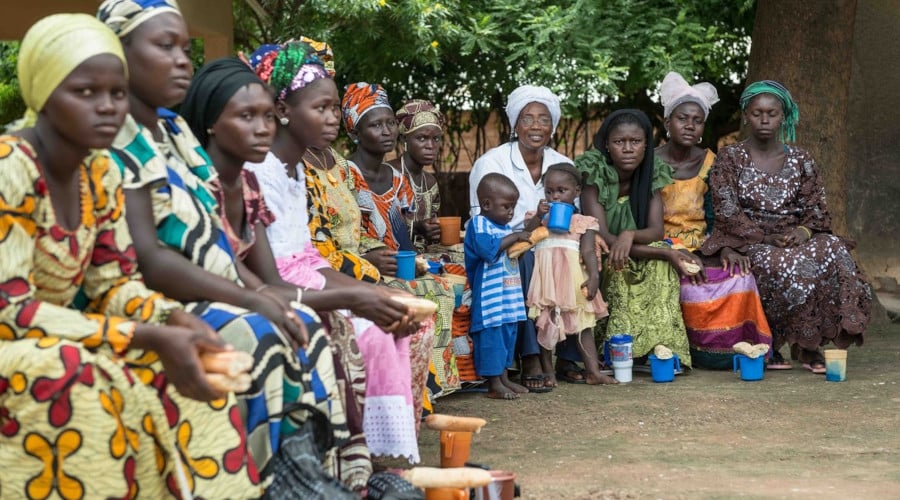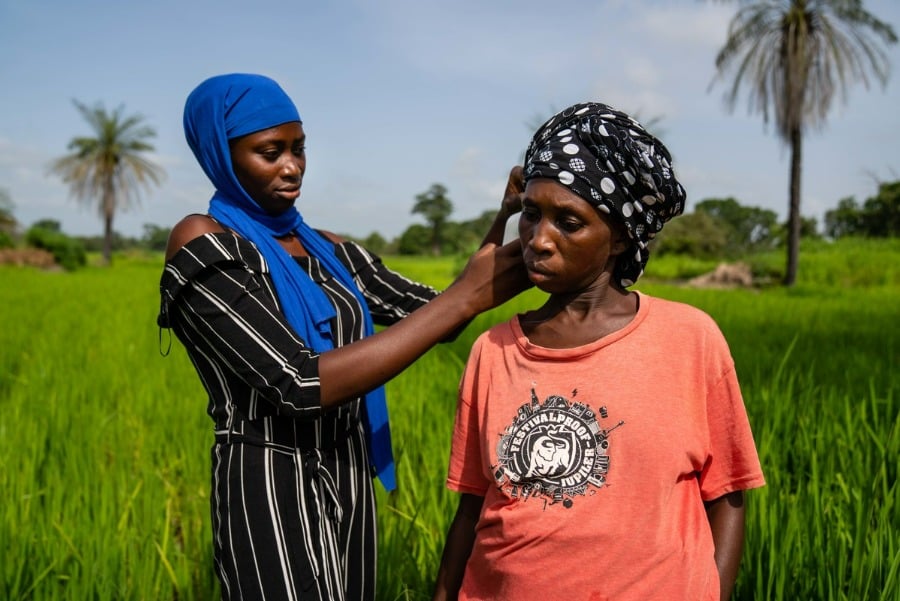Nutrition plays a pivotal role in health and disease. Undernutrition is estimated to be a contributory cause to 45% of all child deaths and, in Africa, is rapidly becoming a leading contributor to adult non-communicable diseases. Undernutrition affects all stages of life and has strong intergenerational echoes. We take a lifecourse approach understanding the role of nutrition starting prior to conception.
Our work concentrates on identifying, and then developing, next-generation nutrition interventions through discovery science that will inform a clearer understanding of the basic mechanisms linking diet and disease. We have four sub-themes:
- Early-growth and development
- Iron, infection and anaemia
- Nutritional genetics and epigenetics
- Nutrition-related chronic disease
The Planetary Health Cross-Cutting Program was established in 2020 to respond to the challenge of social and environmental changes that threaten human health with a focus on the Africa region. The program has three areas of focus that mirror those of the LSHTM Centre on Climate Change and Planetary Health:
- Research to improve understanding on climate change and planetary health
- Fostering connections globally to bring about change
- Co-creating imaginative, scalable solutions.
Current research strengths lie in the direct and indirect impacts of climate change on health and their solutions through mitigation and adaptation interventions, sustainable and healthy food systems and diets, and disease ecology / One Health including expertise on emerging infectious diseases, zoonoses and climate sensitive infections.


